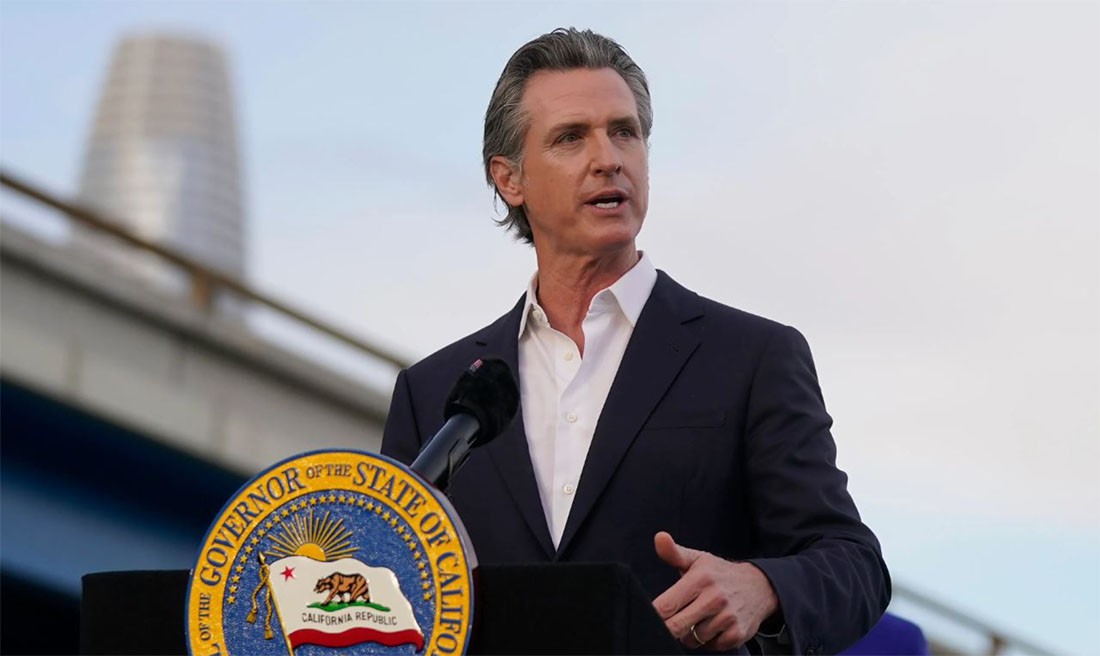
Photo Credit: Getty Images
California Governor Gavin Newsom has vetoed a bill intended to regulate powerful artificial intelligence models, citing concerns from tech industry leaders and critics who argued the legislation was overly restrictive.
The bill had faced a barrage of critics, including members of US Congress from Newsom's Democratic party, who argued that threats of punitive measures against developers in a nascent field would throttle innovation. In a statement on Sunday, Newsom acknowledged that SB-1047 was "well-intentioned" but expressed concern that the bill was too "stringent" and unfairly focused on "the most expensive and large-scale models."
"The bill applies stringent standards to even the most basic functions -- so long as a large system deploys it," the governor noted. He added, "smaller, specialized models may emerge as equally or even more dangerous than the models targeted by SB 1047 -- at the potential expense of curtailing the very innovation that fuels advancement in favor of the public good."
The bill's sponsor, Democratic state Senator Scott Wiener of San Francisco, lamented the "setback," saying it left AI safety in the hands of the tech giants racing to release the technology.
Wiener had hoped the bill would set rules for AI giants in Silicon Valley's home state, filling a void left by Washington, where a politically divided Congress struggles to pass legislation.
"This veto leaves us with the troubling reality that companies aiming to create an extremely powerful technology face no binding restrictions from US policymakers, particularly given Congress's continuing paralysis around regulating the tech industry in any meaningful way," Wiener wrote on X.
The California state bill would have required developers of large "frontier" AI models to take precautions such as pre-deployment testing, simulating hacker attacks, installing cybersecurity safeguards, and providing protection for whistleblowers.
To secure the legislation's passage, lawmakers made several changes, including replacing criminal penalties for violations with civil penalties such as fines. However, opposition remained, including from influential figures like Democratic Congresswoman Nancy Pelosi.
OpenAI, the creator of ChatGPT, also opposed the bill, preferring national rules instead of a patchwork of AI regulations across the 50 US states.
Lewis Musonye
















